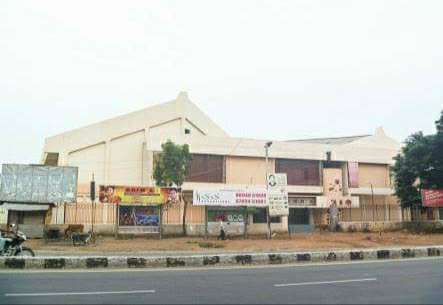2001: A Space Odyssey (1968) | Explained by Stanley Kubrick Himself
2001: A Space Odyssey (1968) | Explained by Stanley Kubrick Himself
Typically, Stanely Kubrick doesn't reveal the meanings of his films, particularly '2001: ASpaceOdyssey' (1965). He needs them to stay bewildered and interpreted. Reportedly, in this rare telephonic interview with a Japanese documentarian, he unravels the mystery for the first time. This video footage was recently found in the VHS format. Now, it has become viral. While some dispute with the authenticity of Kubrick's voice, let us learn the ending, which is one of the most dissected in the film history. This is what he had to say:
---------------------------------------------------------
“I’ve tried to avoid doing this ever since the picture came out. When you just say the ideas they sound foolish, whereas if they’re dramatized one feels it, but I’ll try. The idea was supposed to be that he is taken in by god-like entities, creatures of pure energy and intelligence with no shape or form. They put him in what I suppose you could describe as a human zoo to study him, and his whole life passes from that point on in that room. And he has no sense of time. It just seems to happen as it does in the film.”
“They choose this room, which is a very inaccurate replica of French architecture (deliberately so, inaccurate) because one was suggesting that they had some idea of something that he might think was pretty but wasn’t quite sure. Just as we’re not quite sure what do in zoos with animals to try to give them what they think is their natural environment. Anyway, when they get finished with him, as happens in so many myths of all cultures in the world, he is transformed into some kind of super being and sent back to Earth, transformed and made some kind of Superman. We have to only guess what happens when he goes back. It is the pattern of a great deal of mythology, and that is what we were trying to suggest.”
_______
Authored by Balaji Thangapandian aka #BT - a spacefarer, who is also curious about film-making, connectivity technologies and military history.





Comments
Post a Comment